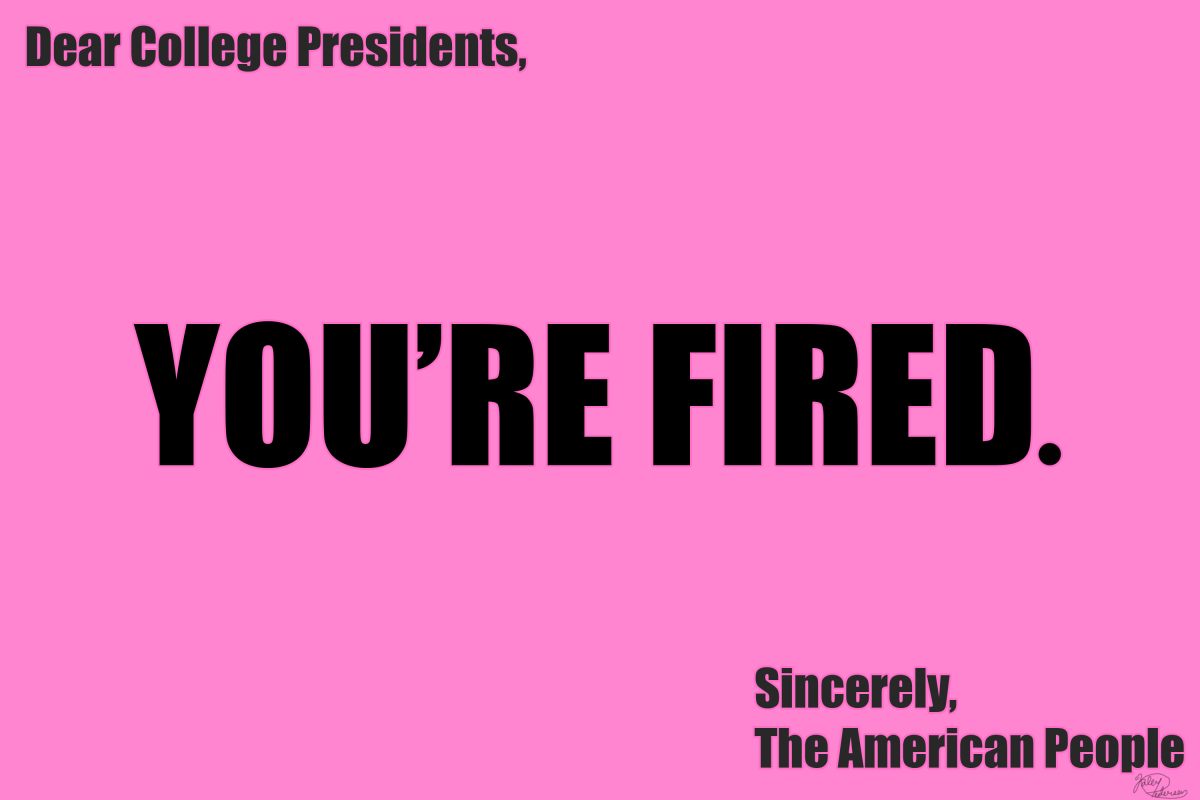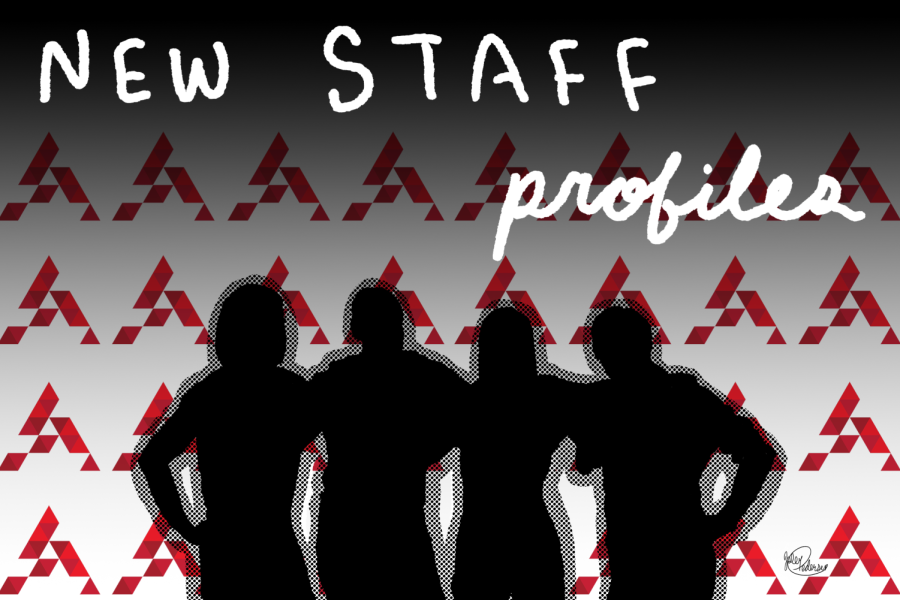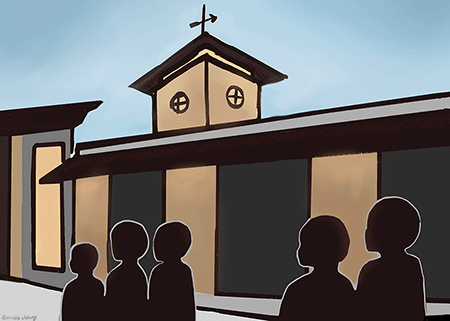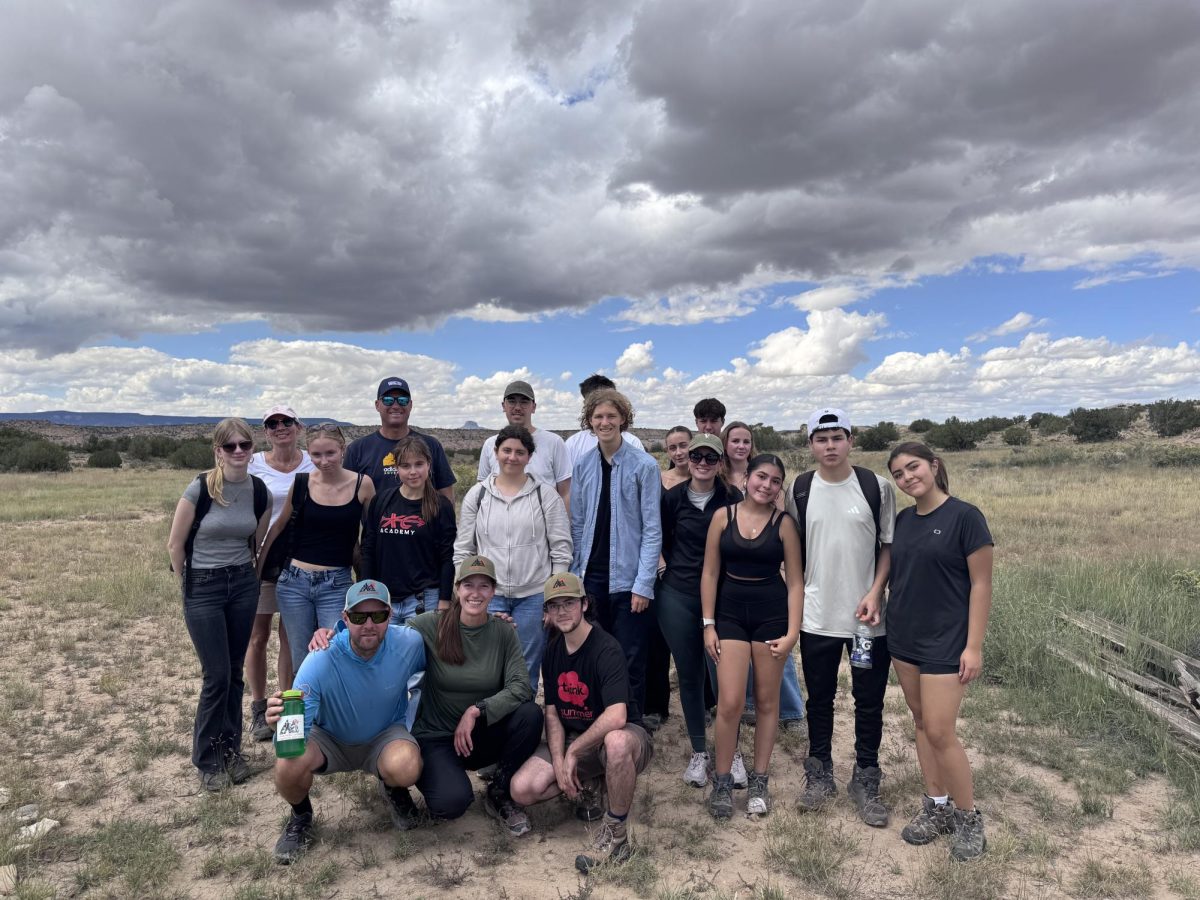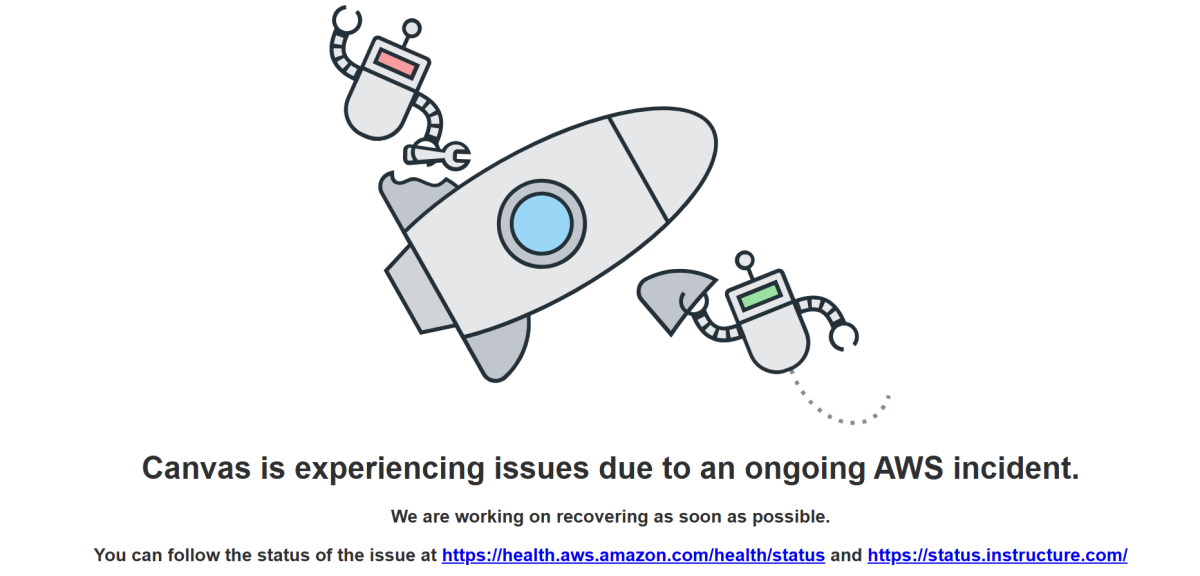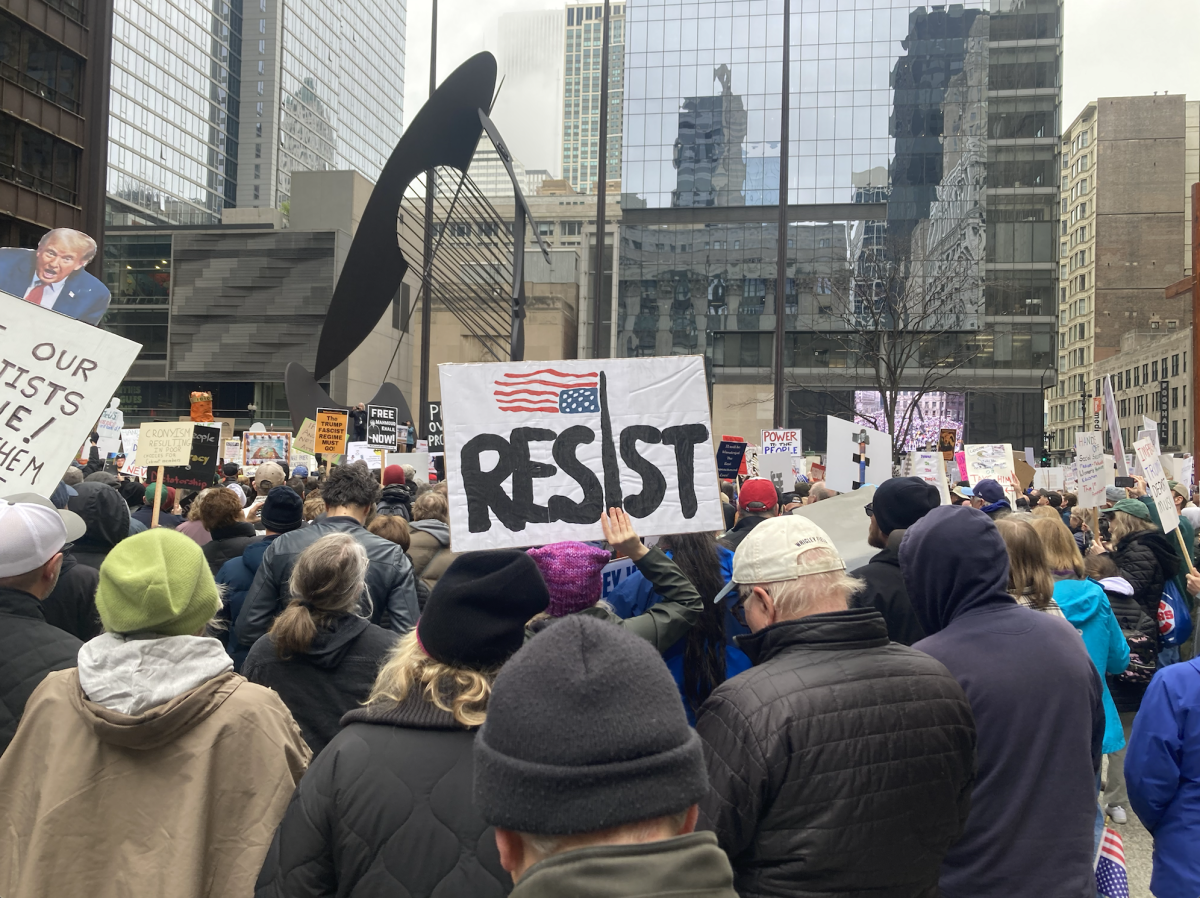Over the past few months, the presidents of Harvard University and the University of Pennsylvania resigned after facing scrutiny. In early December, both institutions’ leaders, Claudine Gay and Liz Magill, along with MIT president Sally Kornbluth, participated in a hearing surrounding their campuses’ treatment of growing anti-semitism amidst the Israel-Hamas war. Each president caused outrage within their communities by refusing to explicitly say that calls for the genocide of Jews violated their university’s code of conduct. Magill resigned shortly after the hearing, and Gay resigned a few months later. College presidents on many campuses have been struggling with a similar issue – how to avoid restricting freedom of speech while firmly denouncing bias and hatred. The controversy surrounding these presidents is just one small part of a wider story about challenges faced by higher education in recent years.
Adding to some of the presidents’ problems is the issue of plagiarism in their research. In early January, Gay faced mounting plagiarism allegations. Most of these accusations were minor, but they occurred across her academic career and included her Harvard dissertation. In addition, last summer, the former president of Stanford University, Marc Tessier-Lavigne, resigned after falsified data was identified in his research. It was concluded that he did not know about the errors. In the midst of all this, conservative activist Christopher Rufo, who wants to eliminate critical race theory and diversity, equity, and inclusion programs from many institutions, announced his intent to create a “plagiarism hunting fund” in an attempt to thwart the leadership of other universities across the country. This is one part of the “culture wars” between conservative and liberal political interests affecting college campuses. Plagiarism is, of course, problematic – especially when it comes from the leaders of higher education. However, attempts at uncovering plagiarism are also a way for activists to undermine university presidents and their work, especially when these presidents have more liberal views.
The attack on university leaders is not helping the growing crisis of Americans’ faith in college. A Gallup poll found that only 36% of Americans have “a great deal” or “quite a lot” of confidence in higher education. Growing numbers of students are choosing not to pursue further education after they graduate high school, and “two-thirds of high schoolers think they would be just fine without a degree.” Along with massive college loan debt, interest in pursuing higher education has changed dramatically. With all of this turmoil, it is hard to know where the general American public will stand on debates over college in the next few years.
But what does all this mean for free speech on college campuses? For decades, the debate on the extent of First Amendment rights on college campuses has been highly controversial. Speech codes set up rules to prevent obscenity, defamation, and threats. However, conflicts over the boundaries of free speech are abundant today, as seen by the criticism of these presidents.
Being able to express yourself and your ideas as a student is essential to learning and growth. However, when students’ views and speech become violent as they have on several campuses, that is when they become problematic. It is clear that it would be unacceptable to silence the voices, ideas, and frustrations of individuals at universities, but allowing hate speech that harms entire groups of students is also impermissible. One solution is opening discussions for people of different viewpoints to discuss and hear each other’s perspectives. Two professors at Dartmouth College opened seminars after October 7th that allowed students to discuss and learn. Although it was not a perfect solution and hate speech and threats still occurred, the creation of these discussions was effective at opening people’s minds. While the answer to debates on free speech may not be simple, dialogue begins in one’s community with open conversations that promote kindness and respect despite disagreements.


